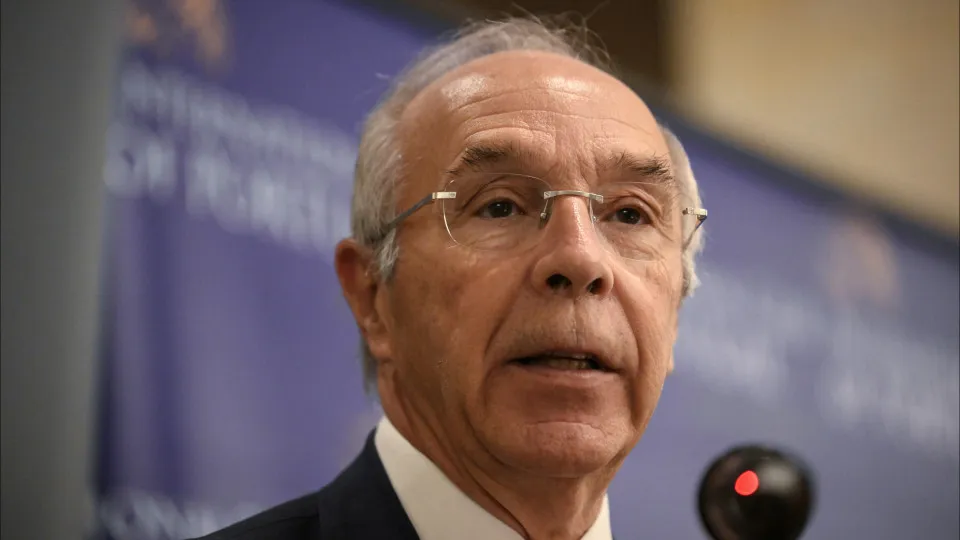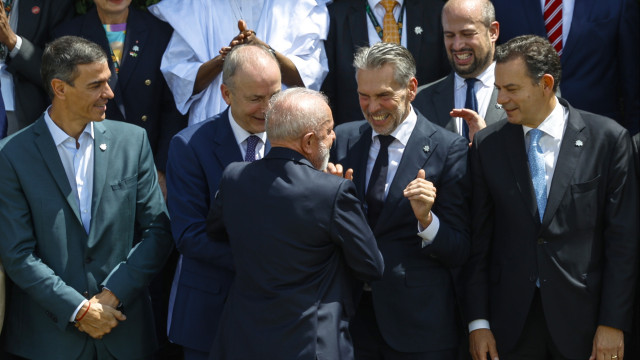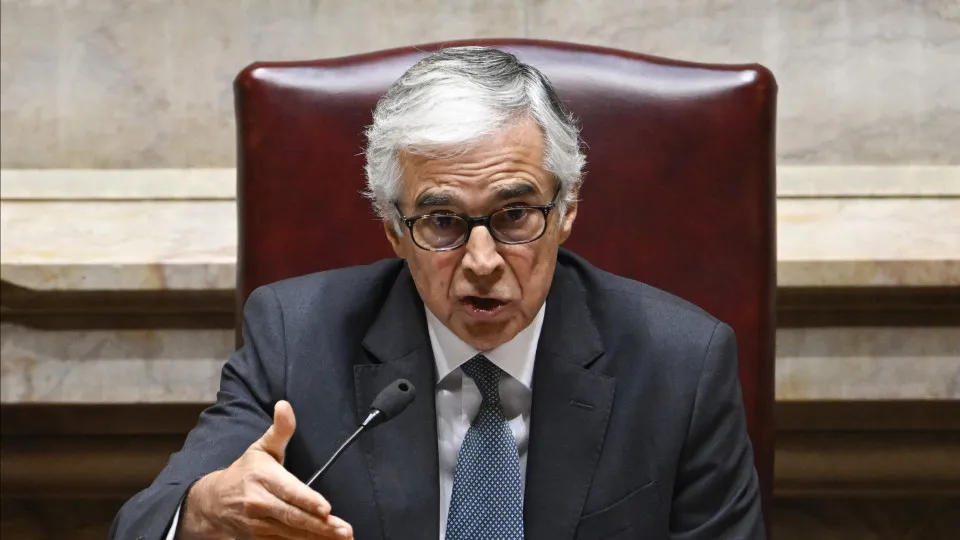
“Everything must be done to avoid strikes,” declared Luis Marques Mendes regarding the potential call for a general strike. He added, “if we are talking about strikes over labor and social issues, I would recommend everyone to sit at the negotiation table, engage in social dialogue, and social concertation.”
The presidential candidate recalled that “there have been many governments in the past, starting with the governments of Professor Cavaco Silva, which made several social concertation agreements” and urged the government of Luis Montenegro and the unions to “negotiate, engage in social dialogue” to prevent hasty actions.
When asked if he would approve the changes to the Labor Law, Marques Mendes refused to comment on the document, stating that “a sensible President of the Republic only gives an opinion on whether to veto or promulgate a law after it has been approved.”
He added that the law in question “at this moment is not even approved by the Council of Ministers,” and still needs to be discussed in Parliament, both generally and specifically. “Only an inexperienced and politically inept President of the Republic would say, ‘I’ll do this, I’ll do that,’ without knowing the text of the law,” he said.
Emphasizing that if elected, he would be “a President with experience and a sense of responsibility,” Marques Mendes made it clear that only after the laws are passed will he say whether he will veto, promulgate, or send them to the Constitutional Court.
“This is the difference between having experience or not,” he concluded.
Luis Marques Mendes spoke in Torres Vedras, in the district of Lisbon, during a visit to the “Tasquinhas,” which run until Sunday at the Pavilhão da Expotorres.
On the day marking 40 years since joining the Government of Portugal at the age of 28, Marques Mendes reiterated that “the country is tired of diagnoses” and expects “the government and parties to find solutions” for the health sector.
“The role of a President of the Republic is not to evaluate ministers or demand their heads, but to demand results and solutions,” he said, emphasizing the need for “changes” in the National Health Service (SNS).
“We need to have professional managers, and for this, the public competition is better than political appointments where the party card, at times, overrides merit and professionalism,” said the candidate, arguing that the main issue with the SNS “is not a lack of money” and that changes in organization and management are needed. “We need more professional managers, with more merit, fewer party cards, and better pay, because cheap can be expensive,” he stated.




